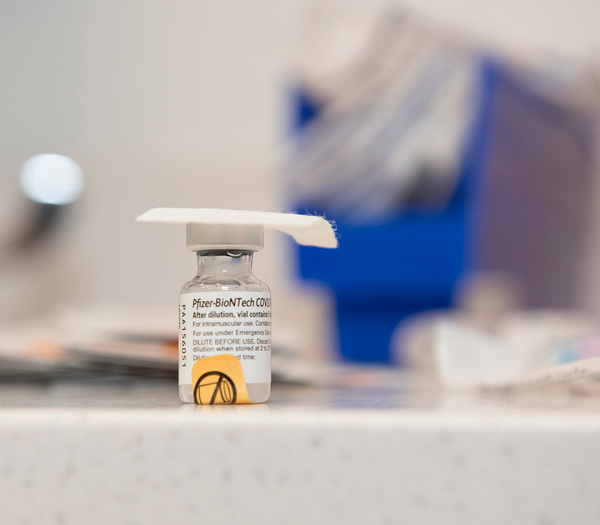According to a study conducted by Ross’s team, IDD patients were nearly six times more likely to die from the virus than the general population. Using that research, her team helped to change policies to make the IDD population eligible for the vaccine.
“Traditionally, the population with intellectual disabilities—and also autism and other developmental disorders—is a largely invisible population. Our goal is to make them visible,” Ross says.
Recently, Jefferson received a $2 million gift to further the work of the Center for Autism and Neurodiversity at Jefferson. The center’s mission is to create solutions for individuals with autism and other neurodiverse conditions to participate more fully in the world.
“We’re incredibly grateful for all philanthropic support of our work,” says Ross. “This transformational gift will allow us to provide more valuable resources to better assist all members of our community.”

